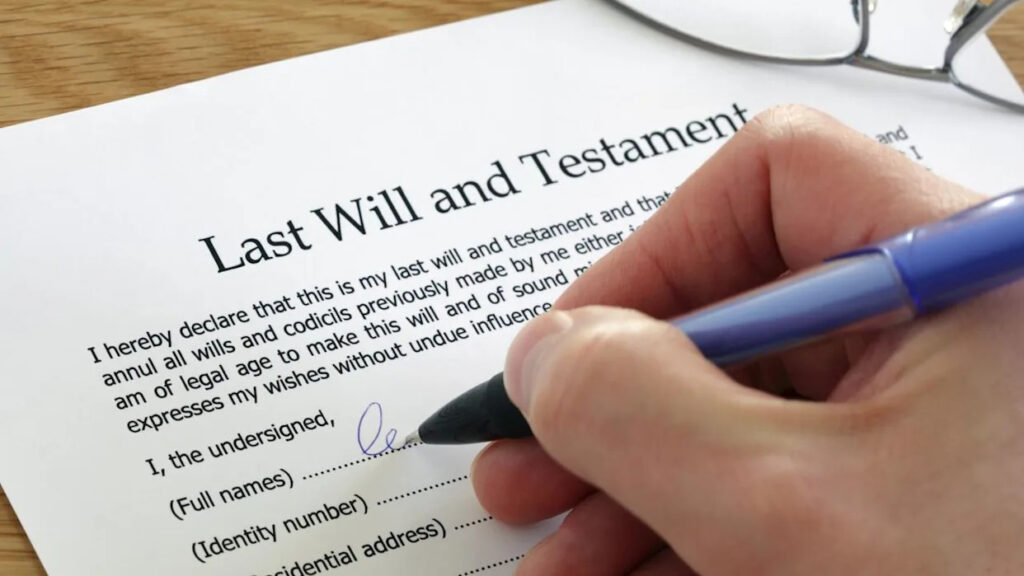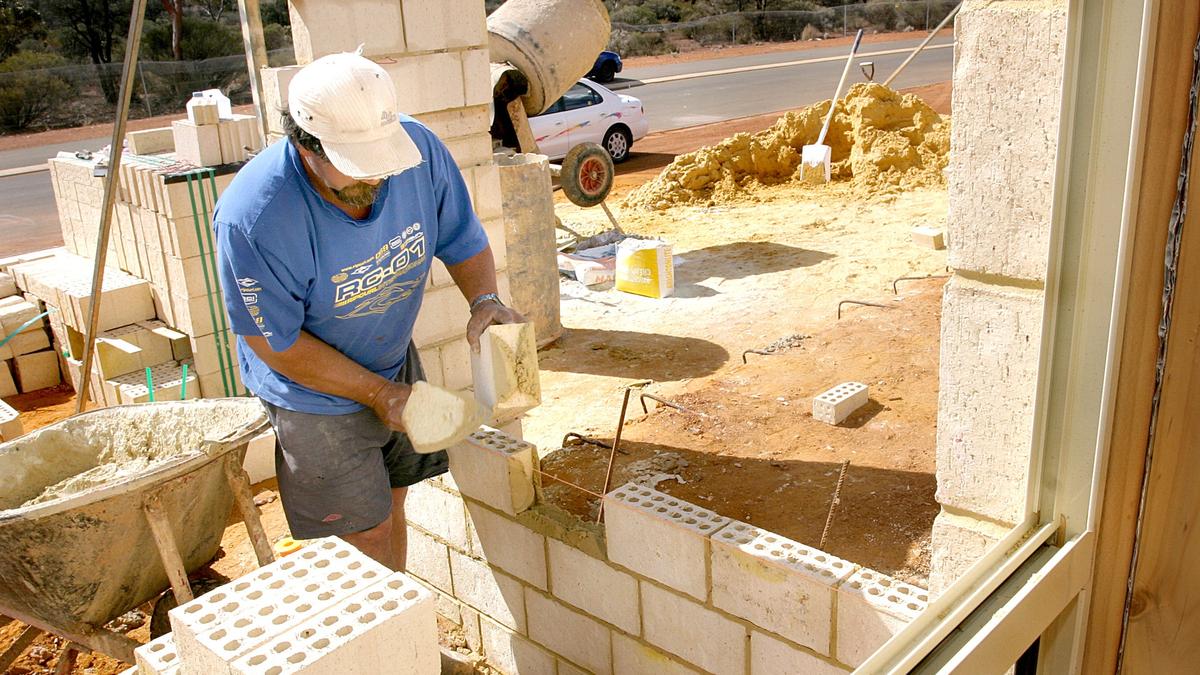
Concerns surrounding the exploitation of elderly individuals have intensified following a troubling incident in Sydney. Real estate agent Rachelle Norah has been suspended for 12 months and fined $11,000 after purchasing a home from an elderly man suffering from Alzheimer’s symptoms for $600,000, significantly below its market value. This decision comes after the home next door sold for $1.1 million just one month prior.
In April 2023, Norah exercised her power of attorney over the 82-year-old man, who also struggled with alcohol dependency, to complete the purchase. Following her suspension, Norah appealed to the NSW Civil and Administrative Tribunal to overturn the ruling. She argued that the transaction was in the man’s best interest, but the tribunal upheld the decision, determining that she had engaged in misconduct for her personal financial gain.
Widespread Elder Abuse Issues in Australia
The case highlights a broader issue of elder abuse in Australia. According to research from the Australian Institute of Family Studies, approximately one in six older Australians experience some form of elder abuse annually, with 2.1 percent falling victim to financial abuse. The study indicates that older individuals with disabilities or long-term health conditions, such as dementia, are at an even higher risk, with 21 percent experiencing elder abuse each year.
Kaele Stokes, the executive director of services, advocacy, and research at Dementia Australia, stated that dementia and cognitive impairment significantly heighten the risk of elder abuse. She explained that individuals suffering from these conditions often have diminished cognitive and decision-making abilities, making them more susceptible to exploitation. “There may also be a gradual loss of ability and capacity to manage financial affairs as dementia progresses,” Stokes noted.
Call for Stronger Protections and Legal Reforms
Legal experts like Rodney Lewis, a spokesperson for the Australian Lawyers Alliance and chair of the Elder Law Special Interest Group, emphasize the need for more robust legal protections for vulnerable seniors. With over two decades of experience in elder abuse cases, Lewis remarked that such incidents occur daily in Australia, often involving elderly individuals who lack family support. “We definitely need better laws, especially in NSW, more effective laws that allow victims to recoup their losses without incurring exorbitant legal fees,” he said.
While many power of attorney appointments function appropriately, Lewis highlighted that there are numerous instances where abuse occurs. He noted that financial abuse often stems from those entrusted with managing an elderly person’s finances. “If a person has a problem with cognitive ability, then it’s much more likely that they won’t know or can be persuaded by the person who’s talking to them about transferring assets,” he explained.
Cases frequently arise in the NSW Civil and Administrative Tribunal, where concerned family members seek a review of power-of-attorney documents. Lewis pointed out that often, the applications do not come from the elderly individuals themselves but from relatives worried about potential exploitation.
“The offender will often come from within the family, but it can also be a friend, neighbor, or recent acquaintance,” he added. This complex dynamic often leads to disputes within families, particularly when financial arrangements fall apart.
Lewis stressed the importance of seeking legal counsel capable of handling elder abuse cases. He urged families to be vigilant and proactive in protecting their elderly relatives from potential exploitation, especially when cognitive impairment is a factor. “This happens daily and has been happening and will continue to happen. We definitely need better laws,” he concluded.
The incident involving Rachelle Norah serves as a stark reminder of the vulnerabilities faced by the elderly, particularly those with cognitive impairments, and the urgent need for effective legal frameworks to safeguard against such abuses.





